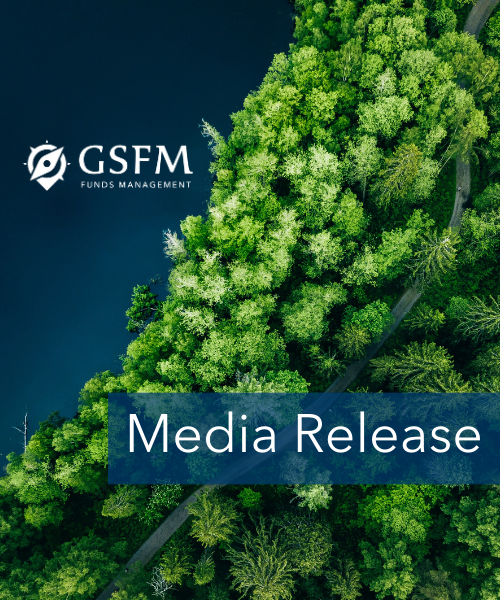Australia is not susceptible to this dangerous growth-inflation mix: financial conditions are desirable, reporting season was one of the best on record, and balance sheets are robust, writes Tribeca’s Jun Bei Liu for the AFR.
The conversation around equity markets has shifted recently, from fear of rapid interest rate rises, to the conflict in Ukraine and its impact on inflation and growth. As a result, stagflation is now back on investors’ minds.
Stagflation refers to an unusual period of high inflation with low, or in extreme circumstances, negative economic growth. Many investors have never experienced such an environment. The most recent stagflation experience was back in the 1970s, where inflation rose to as much as 12 per cent, mostly caused by the oil price spike.
As the name suggests, stagflation would be a very uncomfortable period for households and corporates as real income shrinks and begins to drive demand destruction.





